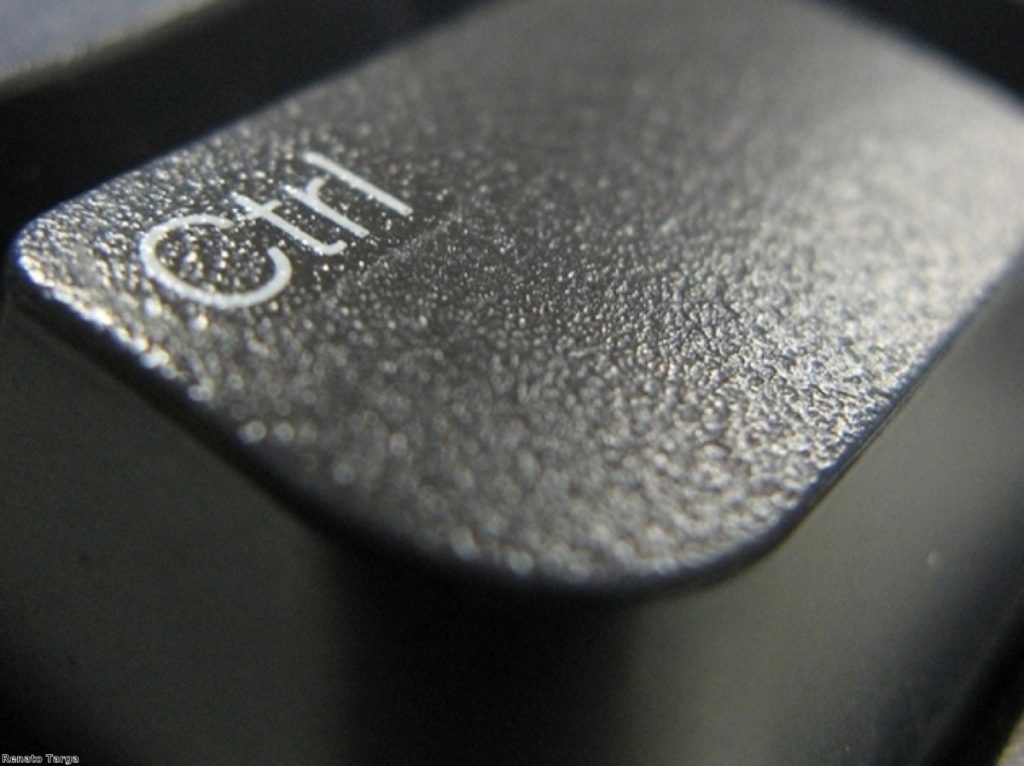Pressure on Assange as bank account frozen and police move in
Wikileaks founder Julian Assange faced imminent arrest this evening as British police recieved his arrest warrant and a Swiss post office’s bank, PostFinance, froze his account.
The developments suggest that the net is now closing in around the Australian maverick, as the website continues to release fresh cables every day.
Britain has condemned the release of US diplomatic cables which list a series of globally strategic sites, including some in the UK, such as infrastructure projects, power stations and mines.
US embassies were asked in February to compile the lists to determine vital installations to US security, prompting media reports to suggest the sites may constitute a list of ‘targets for terror’.
A Downing Street statement read: “We unequivocally condemn the unauthorised release of classified information.
“The leaks and their publication are damaging to national security in the United States, Britain and elsewhere.”
Home secretary Theresa May has also announced a security review of all government departments to prevent a similar deluge of leaks from Britain.
The leaked cable states the aim of the project as “enhancing protection of the nation’s CI/KR [Critical Infrastructure/Key Resources] to prevent, deter, neutralize [sic] or mitigate the effects of deliberate efforts by terrorists to destroy, incapacitate or exploit them”.
The list includes several sites in Britain such as undersea cable landings in Cornwall and Southport, a foot and mouth disease vaccine centre and a BAE systems centre critical for the F-35 joint strike fighter.
Only the sites and rough locations are provided. Security measures and exact sites are ommitted.
But today’s leak has been condemned by British officials as broadening terrorist groups’ potential lists of targets.
Former foreign secretary Malcolm Rifkind told the BBC this morning: “This is the kind of information terrorists are interested in knowing.”
He called the attitude of Wikileaks “generally irresponsible, bordering on criminal”.
The condemnation comes as international pressure mounts for Wikileaks founder Julian Assange. The site has had to change domain names in response to growing cyber attacks last week.
Senior US politicians have called for Mr Assange to be extradited to the US, with some going as far as to call for his execution.
Britain has condemned the release of US diplomatic cables which list a series of globally strategic sites, including some in the UK, such as infrastructure projects, power stations and mines.
US embassies were asked in February to compile the lists to determine vital installations to US security, prompting media reports to suggest the sites may constitute a list of ‘targets for terror’.
A Downing Street statement read: “We unequivocally condemn the unauthorised release of classified information.
“The leaks and their publication are damaging to national security in the United States, Britain and elsewhere.”
The leaked cable states the aim of the project as “enhancing protection of the nation’s CI/KR [Critical Infrastructure/Key Resources] to prevent, deter, neutralize [sic] or mitigate the effects of deliberate efforts by terrorists to destroy, incapacitate or exploit them”.
The list includes several sites in Britain such as undersea cable landings in Cornwall and Southport, a foot and mouth disease vaccine centre and a BAE systems centre critical for the F-35 joint strike fighter.
Only the sites and rough locations are provided. Security measures and exact sites are ommitted.
But today’s leak has been condemned by British officials as broadening terrorist groups’ potential lists of targets.
Former foreign secretary Malcolm Rifkind told the BBC this morning: “This is the kind of information terrorists are interested in knowing.”
He called the attitude of Wikileaks “generally irresponsible, bordering on criminal”.
The condemnation comes as international pressure mounts for Wikileaks founder Julian Assange. The site has had to change domain names in response to growing cyber attacks last week.
Senior US politicians have called for Mr Assange to be extradited to the US, with some going as far as to call for his execution.





-01.png)